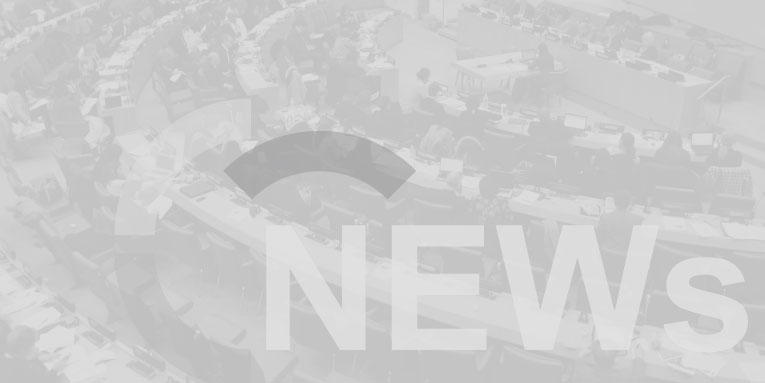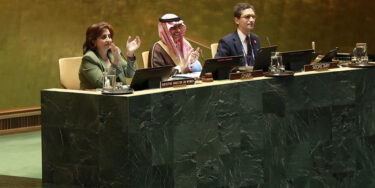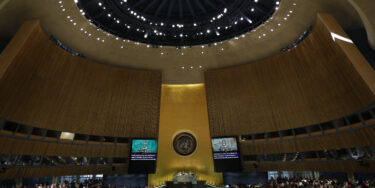Holding the Line: Reflections from the 61st Commission on the Status of Women
27.04.17
(Gender-based discrimination / Human Rights Bodies / Sexual Orientation and Gender Identity)
Given the diversity of state positions and civil society organizations present at the CSW in the current era, we always anticipate that the CSW will be a challenging space in which to defend or advance the rights of lesbian, bisexual, trans and intersex persons (LBTI).
By Erin Aylward
While this year’s CSW saw some important strategies and successes in holding the line, we also witnessed some concerning developments that underscore the very real need for human rights organizations to prevent backsliding on key issues and strategies for NGO-engagement.
Let’s start with the Agreed Conclusions: the “meat and potatoes” of each year’s CSW. Because the Agreed Conclusions are agreed upon by consensus, LBTI rights have yet to ever be explicitly mentioned or acknowledged in this outcome document, and we do not anticipate that this will happen anytime soon. From the perspective of organizations focused on sexual orientation, gender identity and expression, and sex characteristics (SOGIESC) issues, then, “success” during the CSW political negotiations is often framed in two ways:
- fighting off hostile language – often, though not exclusively put forward by the Russian Federation – on the family, traditional values, and state sovereignty, and
- fighting for broad, inclusive language that could be interpreted to include SOGIESC issues, even if they are not explicitly mentioned.
According to these metrics, the final version of the Agreed Conclusions can largely be considered a success.
However, the author is alarmed by three main anti-rights trends at the CSW: pink-washing at the CSW, the shrinking space for civil society actors and the rise of the religious right within the CSW.




